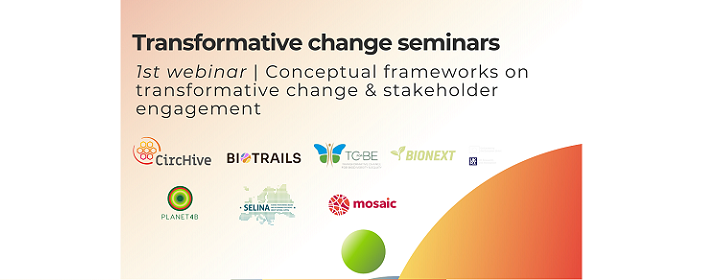The 7th International EcoSummit Congress (Eco-Civilization for a Sustainable and Desirable Future) will be held at the Zhengzhou International Convention and Exhibition Center, Henan, China, 14-19 December 2024.
Abstracts are invited for talks and posters on integrated aspects of all ecological science and its applications. Deadline for abstract submission is 13 September 2024. Read more.






